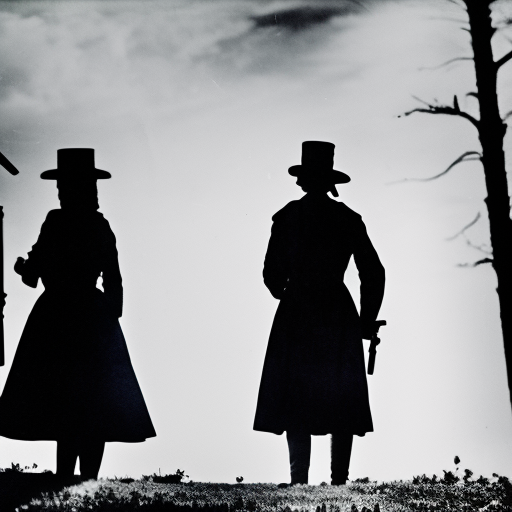The Whiskey Rebellion (1791-1794)
The Whiskey Rebellion was a significant event in early American history that took place from 1791 to 1794. It was a protest against the newly formed federal government’s tax on distilled spirits, particularly whiskey. The rebellion was primarily centered in western Pennsylvania, but it had broader implications for the young nation’s government and its ability to enforce its laws.
Background
In the aftermath of the American Revolution, the United States faced significant financial challenges. To alleviate the national debt, Secretary of the Treasury Alexander Hamilton proposed a tax on distilled spirits, including whiskey. This tax was part of his broader plan to establish a strong central government and stabilize the economy. However, the tax disproportionately affected farmers and distillers in the western frontier regions, where whiskey was a common form of currency and a vital part of the local economy.
Resistance and Protests
The tax on whiskey was deeply unpopular among the western farmers, who saw it as an unfair burden imposed by a distant government. Many of them refused to pay the tax and began organizing protests and acts of resistance. These protests ranged from public demonstrations to acts of violence against tax collectors and government officials.
Violence and Escalation
As tensions rose, the resistance movement became more organized and militant. In 1794, a group of rebels attacked the home of a tax collector, leading President George Washington to take decisive action. He issued a proclamation calling for the rebels to disperse and summoned a militia force of around 13,000 men from several states to suppress the rebellion.
Suppression of the Rebellion
The militia force, led by Washington himself, marched into western Pennsylvania to quell the rebellion. However, by the time they arrived, most of the rebels had dispersed, and the rebellion had lost much of its momentum. Without a significant military confrontation, the rebellion quickly fizzled out.
Legacy and Significance
Although the Whiskey Rebellion was relatively short-lived and ultimately unsuccessful, it had several lasting impacts on the young nation. First and foremost, it demonstrated the federal government’s ability to enforce its laws and maintain order. The successful suppression of the rebellion helped solidify the authority of the federal government and establish its power to collect taxes.
The Whiskey Rebellion also highlighted the ongoing tensions between the federal government and the states, particularly regarding issues of taxation and representation. It sparked debates about the balance of power between the federal and state governments, which would continue to shape American politics for years to come.
Additionally, the rebellion had economic consequences. The tax on whiskey was eventually repealed in 1802, as it proved difficult to collect and enforce. However, the rebellion had already contributed to the growth of the illegal whiskey trade, known as moonshining, which persisted in some areas for decades.
In conclusion, the Whiskey Rebellion was a significant event in early American history that highlighted the challenges of establishing a strong central government and maintaining order in the new nation. It demonstrated the federal government’s ability to enforce its laws and collect taxes, while also sparking debates about the balance of power between the federal and state governments. The rebellion had lasting impacts on American politics and the economy, shaping the trajectory of the young nation.












